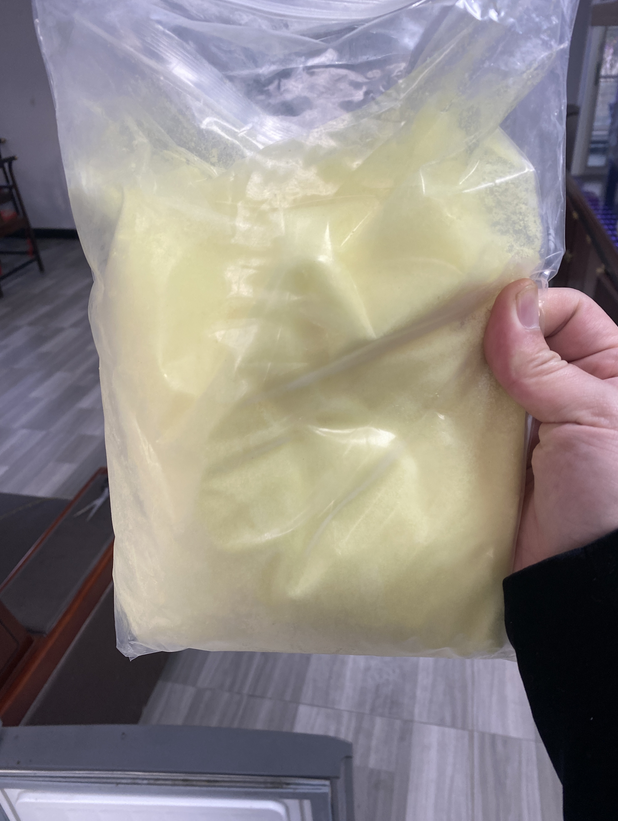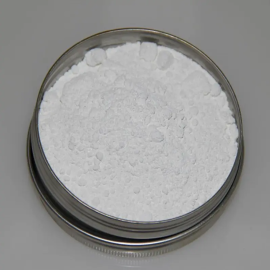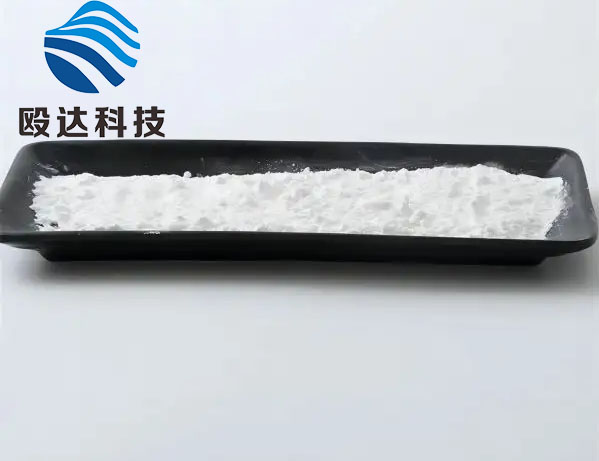-
Categories
-
Pharmaceutical Intermediates
-
Active Pharmaceutical Ingredients
-
Food Additives
- Industrial Coatings
- Agrochemicals
- Dyes and Pigments
- Surfactant
- Flavors and Fragrances
- Chemical Reagents
- Catalyst and Auxiliary
- Natural Products
- Inorganic Chemistry
-
Organic Chemistry
-
Biochemical Engineering
- Analytical Chemistry
- Cosmetic Ingredient
-
Pharmaceutical Intermediates
Promotion
ECHEMI Mall
Wholesale
Weekly Price
Exhibition
News
-
Trade Service
Uridine (5')tetraphospho(5')uridine tetrasodium salt, also known as TMPyP, is a nucleotide that plays a critical role in the synthesis of RNA.
It is an important intermediary in the process of RNA synthesis, and is commonly used in the chemical industry for a variety of applications.
In this article, we will explore the upstream and downstream products of TMPyP, and how it is used in the chemical industry.
Upstream products of TMPyP
The upstream products of TMPyP are a variety of chemicals and raw materials that are used in the production of the nucleotide.
These include precursors such as inosine, adenine, and cytidine, which are used as building blocks for the synthesis of TMPyP.
Additionally, other chemicals such as ammonia, hydrochloric acid, and sodium hydroxide are used in the production process.
Downstream products of TMPyP
The downstream products of TMPyP are a wide range of products that are derived from the nucleotide and used in various applications.
One of the most common downstream products of TMPyP is RNA, which is synthesized using TMPyP as an intermediate.
Additionally, TMPyP is used as a starting material for the synthesis of other nucleotides such as ATP and GMP, which are used in a variety of industrial and biological applications.
TMPyP is also used in the production of certainTypes of Nucleotide Injection products, such as Virazole, which is used for the treatment of cytomegalovirus (CMV) retinitis in patients with AIDS.
Additionally, TMPyP is used in the production of certain antiviral drugs, such as Ribavirin, which is used to treat viral infections such as hepatitis C.
In the chemical industry, TMPyP is used as a building block for the synthesis of a wide range of chemicals and materials.
For example, it is used in the production of certain polymers, such as poly(U/A), which is used in the production of biodegradable plastics.
Additionally, it is used in the production of certain drugs, such as Nucleoside analogues, which are used in the treatment of cancer and other diseases.
In conclusion, TMPyP is an important intermediary in the synthesis of RNA, and is used in a wide range of applications in the chemical industry.
Its upstream and downstream products include a variety of chemicals and raw materials, as well as a wide range of products such as RNA, nucleotides, and certain types of Nucleotide Injection products, antiviral drugs, polymers and other chemicals.
TMPyP is a versatile building block in the chemical industry and its derivatives have a wide range of applications.







